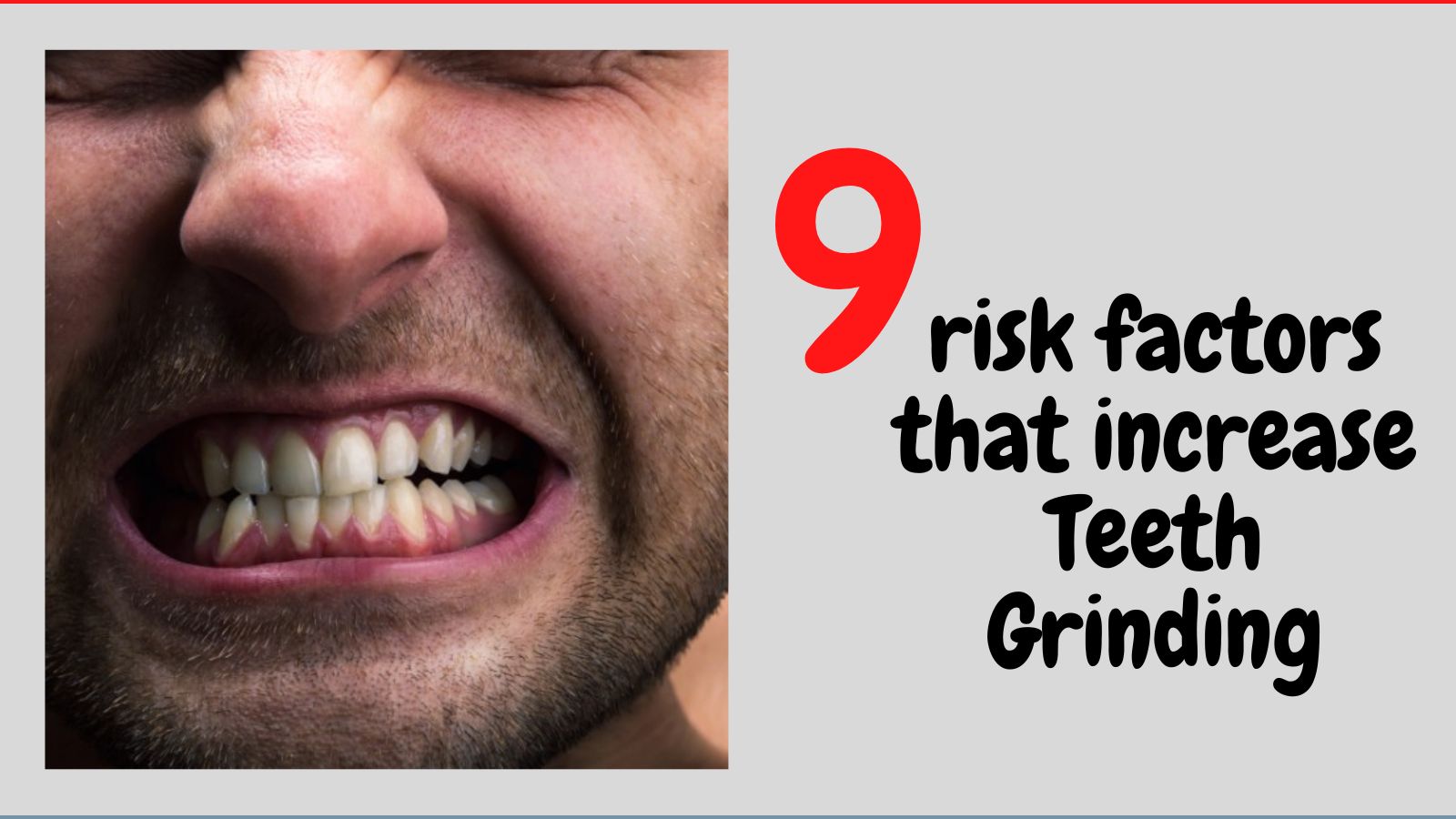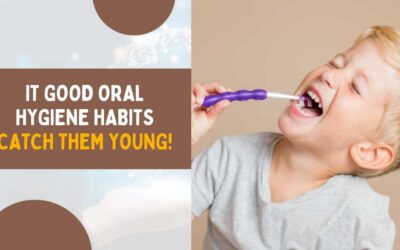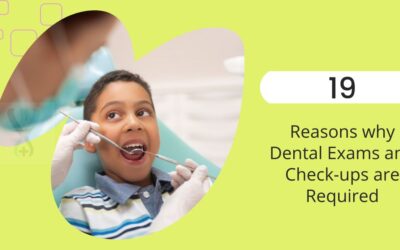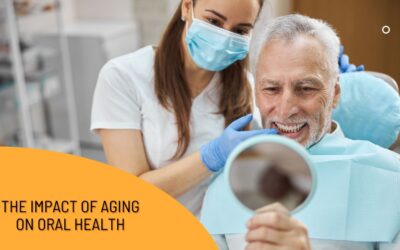Teeth Grinding, also called Bruxism, can happen when we are awake or when sleeping. There are many risk factors that can increase the teeth grinding in an individual. Here are a few factors that are considered possible risks for increasing the instance of teeth grinding.
Stress as a risk factor for increasing Teeth Grinding
Stress is the common cause of Teeth grinding. Hence any increased level of stress and anxiety can lead to an increase in teeth grinding which can damage the teeth more.
Emotions as a risk factor for increasing Teeth Grinding
Other emotions like anger, frustration and tension are also risk factors. It is common among many of us to bite the teeth harder when we are angry or tense. Prolonging such emotions without finding calmness can increase the risk and the associated damage caused by teeth grinding.
Age as a risk factor for increasing Teeth Grinding
Bruxism is common in young children. They can be seen biting their teeth hard as a habit but it usually goes away as they age and attain adulthood.
Personality as a risk factor for increasing Teeth Grinding
People have different personalities. Those who are aggressive, competitive or hyperactive have an increased risk associated with teeth grinding or bruxism..
Some Medications are risk factors for increasing Bruxism
Bruxism can sometimes cause side effects in some psychiatric medications. Among them certain antidepressants like selective serotonin reuptake inhibitors (SSRIs) are commonly suspected to increase the risk factors of teeth grinding. Certain recreational drugs used by teens and adolescents may also increase the risk of teeth grinding..
Habits like smoking and alcohol as a risk factor for Teeth Grinding
Smoking cigarettes, consuming alcohol, chewing tobacco, and even drinking caffeinated beverages can increase the chances for getting teeth grinding.
Sleep Apnea as a risk factor for increasing Teeth Grinding
Having sleep-related disorders such as sleep apnea is a clear risk for increasing the instances of teeth grinding. This is particularly true for people who are obese and are not doing enough to reduce their body weight.
Heredity as a risk factor for increasing Teeth Grinding
Heredity or genetics plays an important role in sleep bruxism. They tend to be passed on from generation to generation.
Other disorders as a risk factor for increasing Teeth Grinding
Teeth grinding can also be associated with some mental health disorders like Parkinson’s disease, Attention-Deficit Hyperactivity Disorder (ADHD), dementia and medical disorders like gastroesophageal reflux disorder (GERD), epilepsy, night terrors, etc.




